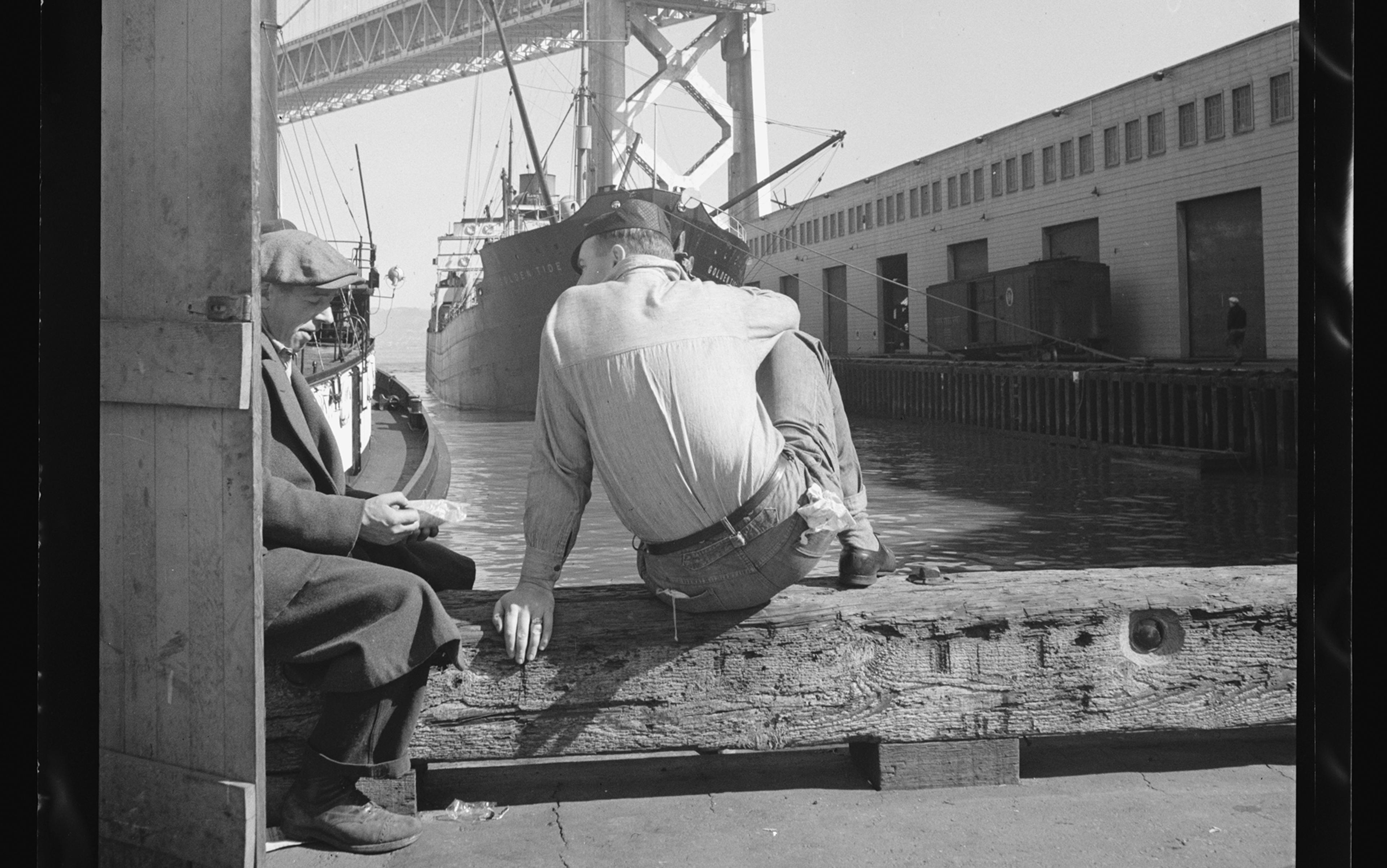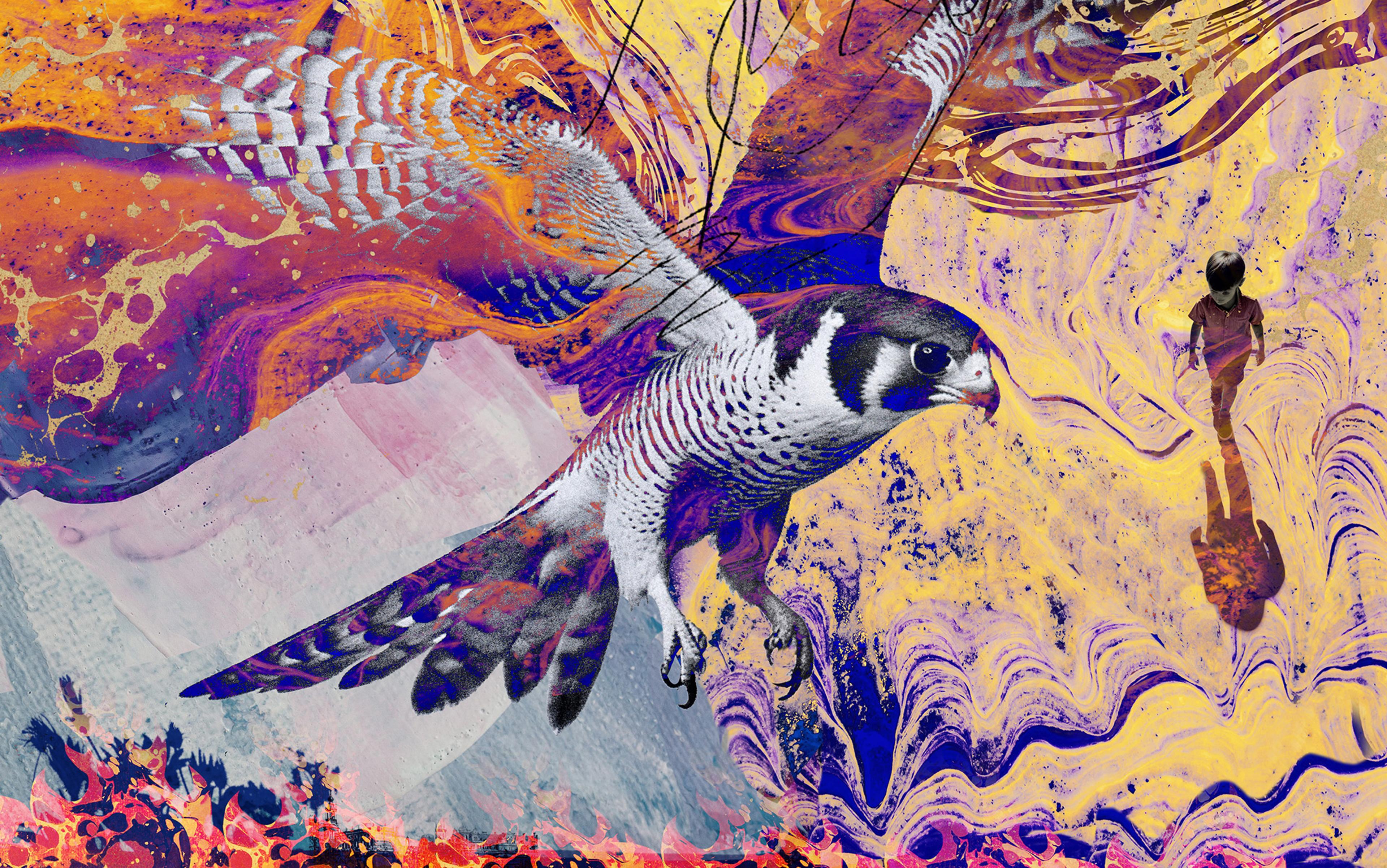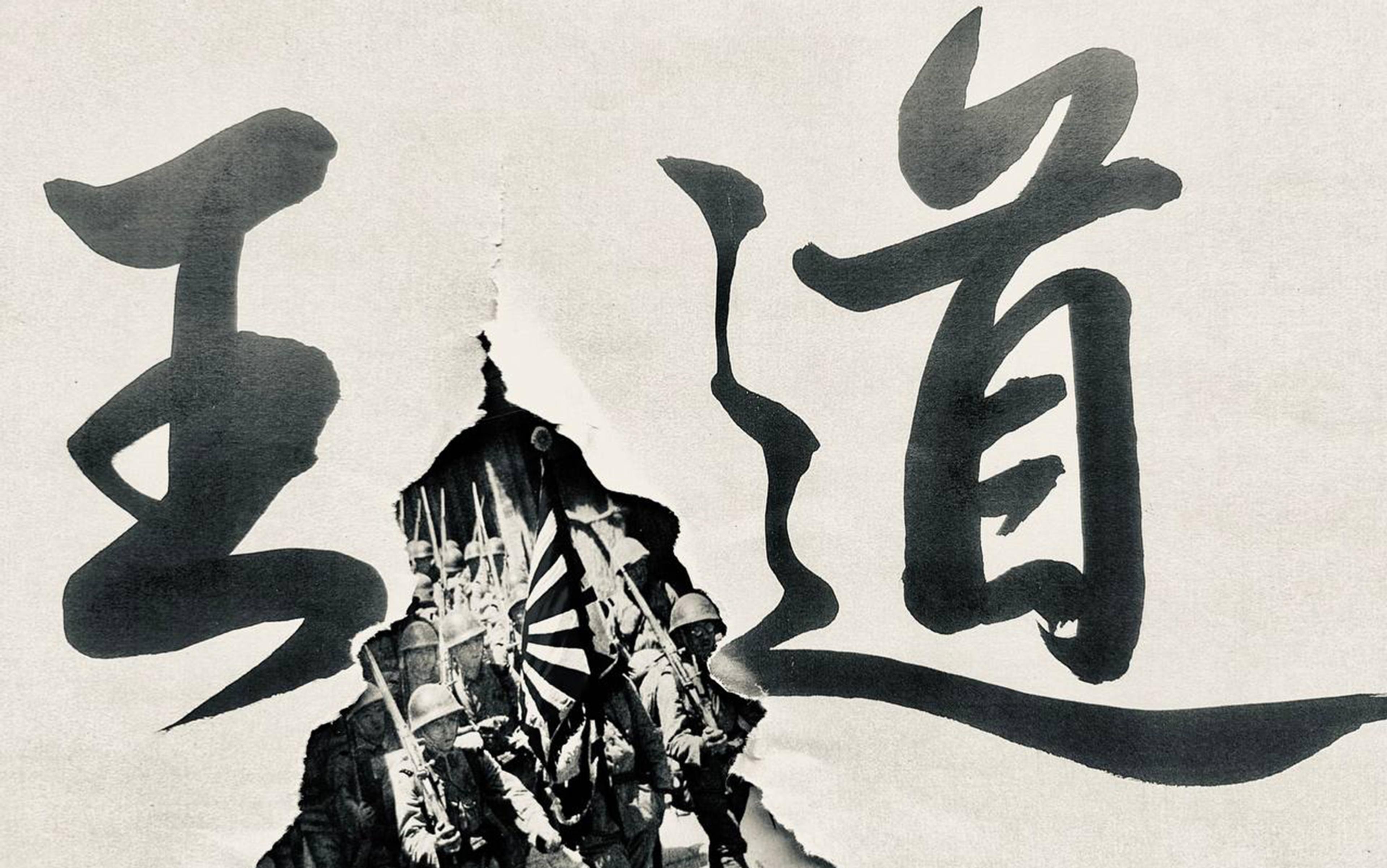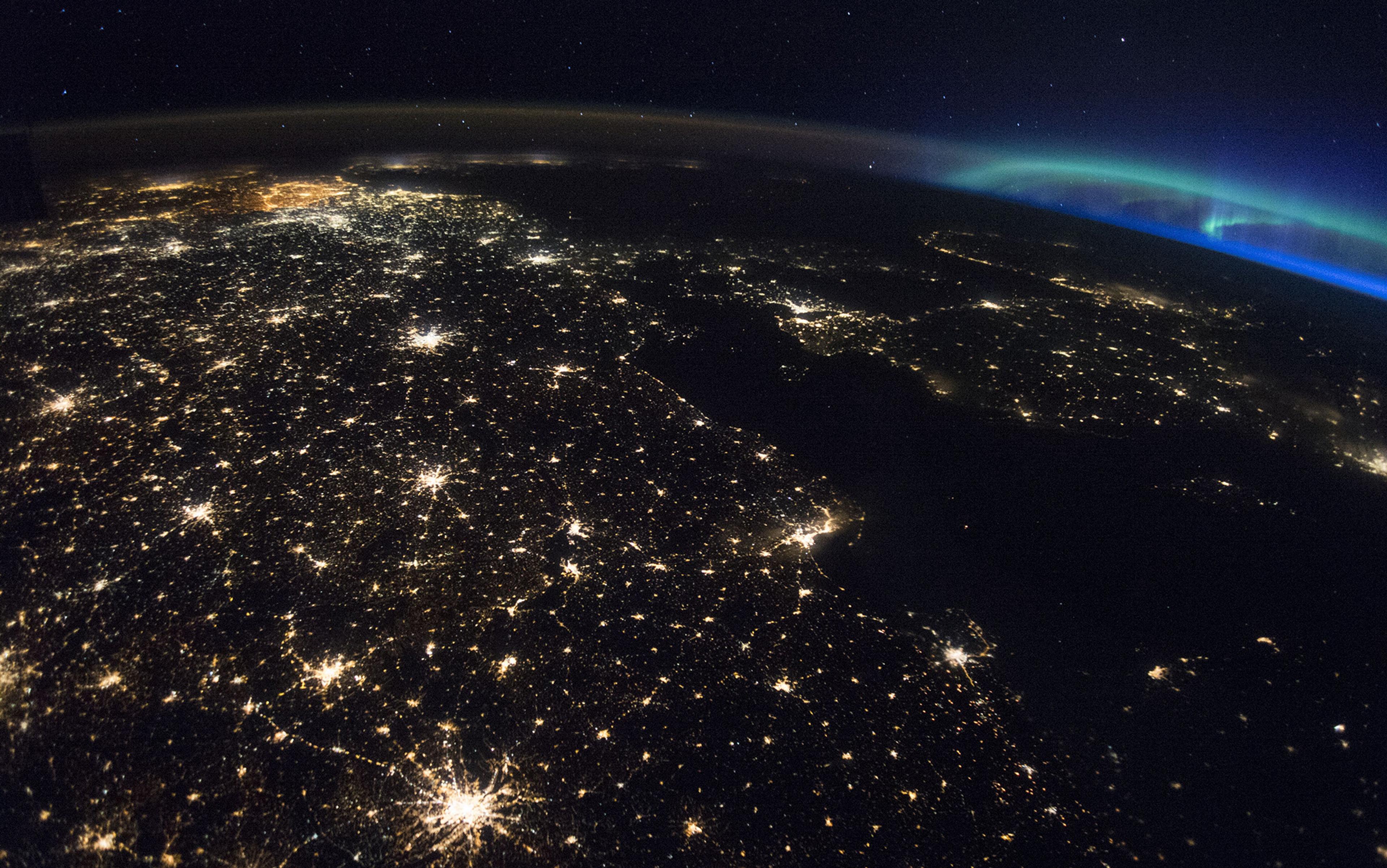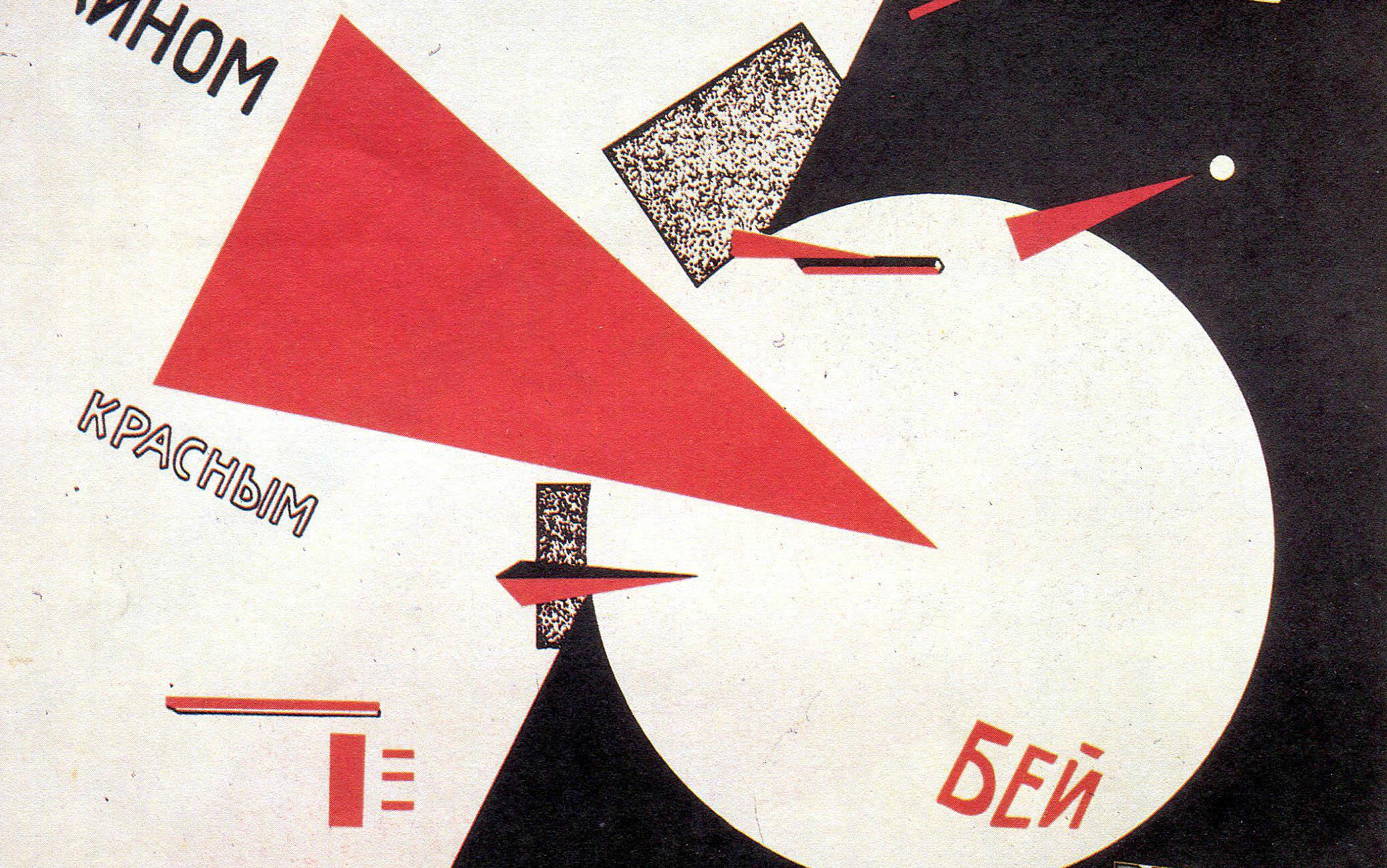As Jack London’s most autobiographical novel begins, its hero, a poor young sailor named Martin Eden, has just gotten into a brawl. Noticing a gang of drunken hoodlums about to assault an upper-class young man, Martin scatters them with blows that leave his knuckles raw. To show his gratitude, the man invites Martin for a meal at the family home. While his host is helpless in a fight, Martin is intimidated by the refined atmosphere of a dinner party. He has seen distant ports and peoples, but this rarefied realm of books and music is perhaps the most exotic place he has ever visited. London describes him literally lurching about the dining room, as if tossed by rough seas.
Martin’s disorientation deepens once he meets Ruth Morse, the beautiful sister of his host who speaks knowledgeably about Victorian poets such as A C Swinburne and Robert Browning. When he learns that she studies at the University of California in Berkeley, he feels that ‘she had become remoter from him by at least a million miles.’ Looking at the gleaming forks and knives beside his plate, Martin recalls his meals with sailors: ‘eating salt beef with sheath-knives and fingers, or scooping thick pea-soup out of pannikins by means of battered iron spoons … to the accompaniment of creaking timbers and … loud mouth-noises of the eaters.’ Ruth uses words he has never heard with a casual ease, while his own language is full of coarse slang. After venturing into a conversation about poetry, he admits: ‘I guess the real facts is that I don’t know nothin’ much about such things.’
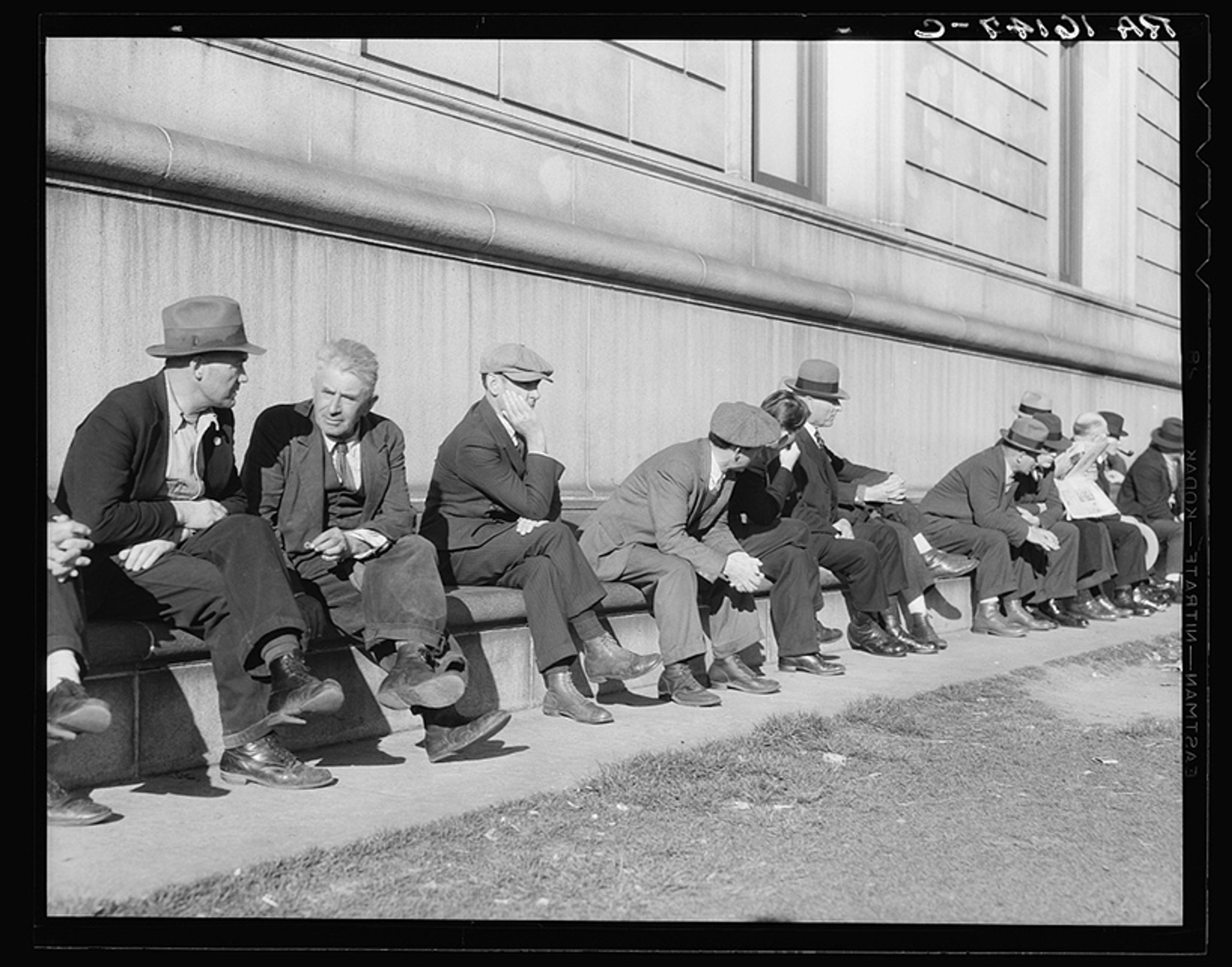
After meeting Ruth, Martin still must earn a living, but he begins haunting the free libraries of Oakland and Berkeley, sleeping only five hours a night, and devouring books on algebra, history, sociology, physics and poetry. This fanatical pursuit of knowledge – both as an end in itself and as a means to class mobility – anchors London’s exploration of the functions of education in American life. First published in 1909, Martin Eden is a narrative intervention in debates still raging over the purpose of the liberal arts and education. Should students be able to study subjects like Chinese, Greek or mathematics just because they find them interesting? What does a society lose when only the prosperous can study the liberal arts, and what does an individual gain by pursuing knowledge for its own sake? If the liberal arts often function as an ornament for the wealthy, can they still, as their name suggests, liberate people from all backgrounds?
When Martin launches into a manic course of self-study after falling for Ruth, he’s using his mind as a tool to gain wealth and status. He wants to become worthy of her, and by the standards of her family and milieu, this means he must improve his grammar and his income. But he is soon seduced by the intrinsic fascination and beauty of what he is learning. Martin sees awe-inspiring intellectual vistas, and London’s radiant portrait of his hero’s intellectual awakening is a powerful defence of the value of liberal study for its own sake. As the novel begins, Martin is a heavy drinker, a trait he shares with London. Once he begins reading seriously, his need for strong drink vanishes. ‘He was drunken in new and more profound ways,’ London writes. Books have become a source of lasting intoxication, a way of permanently enchanting the world. This vision of learning as a kind of sustainable drinking captures two important ideas: the deep pleasure of study for its own sake, and its consciousness-shifting possibilities.
Some of London’s other provocative metaphors refine this case for the liberating potential of education. One comes from the perspective of Ruth, who thinks, as she beholds Martin at the opening dinner party, that his badly fitting clothes, weathered hands and sunburned face are just the ‘prison-bars through which she saw a great soul looking forth, inarticulate and dumb because of those feeble lips that would not give it speech.’ At one level, this is pure class snobbery: if only Martin had a tailored suit, delicate hands, and a face not tanned by hard labour under the sun, he might be marriageable. Yet Ruth also suggests that the power of language could free him from the prison of his inarticulate state. There’s a crucial subtlety here that contemporary debates often miss: the history of the study of liberal arts has no shortage of elitism and exclusion, yet this historical fact does not undermine the philosophical claim for their liberating power. Ruth is wrong to scorn Martin because of his poverty; she is right that an education could transform him.
London has Martin himself endorse the same notion. Reflecting on great writers and poets, Martin thinks: ‘Dogs asleep in the sun often whined and barked, but they were unable to tell what they saw that made them whine and bark … And that was all he was, a dog asleep in the sun.’ Through education, he will gain a radical power to express his thoughts and feelings, transcending the inarticulate whines of his old self. Gaining this power will likely bring practical benefits – wealth, social status, expanded romantic options – but these pale compared with the value of articulating what would otherwise remain imprisoned in the self. This metaphor presents the self as a static given – education upgrades one’s expressive power, but it doesn’t restructure the self. Is Martin just becoming a speaking dog, or is he gaining the interests, dispositions and capacities of a more complex being, one more human than canine?
Education is a form of lasting intoxication and a sedentary voyage through space and time
Strong claims about the transformative power of the liberal arts endorse this second option, which London does through some suggestive metaphors that depict reading as a kind of voyaging through space and time. After spending long hours with his books, Martin feels ‘that he had lived centuries.’ He is not only reading fiction, a straightforward vehicle for experiencing other lives and places, but classics of philosophy and economics by thinkers such as Karl Marx, David Ricardo, Adam Smith and John Stuart Mill. When read in the right spirit, these books also offer a life-expanding richness of experience. At first, Martin spends more time with the dictionary than the books he’s actually reading. He fills pages with definitions, and he looks up so many words that, by the time they recur, he has forgotten their meanings and has to look again. When he glances up from a book, ‘it seemed that the room was lifting, heeling, and plunging like a ship upon the sea.’ This reading-as-exploration image suggests adventure and discovery, but it also hints at possible disorientation, storm and shipwreck. This foreshadows the dark ending of the novel and underscores the risk inherent to the educational enterprise: without maps, guides and luck, voyaging can end in disaster.
London’s account of Martin’s self-education offers many excellent reasons to pursue intellectual life as an intrinsic good. It’s a form of lasting intoxication, an almost species-shifting means of self-transformation, and a sedentary voyage through space and time. Yet even this does not exhaust his defence of liberal study. In one of the novel’s most extraordinary passages, London gives an ecstatic inventory of the seemingly disconnected items between which Martin can now perceive links:
He drew up lists of the most incongruous things and was unhappy until he succeeded in establishing kinship between them all – kinship between love, poetry, earthquake, fire, rattlesnakes, rainbows, precious gems, monstrosities, sunsets, the roaring of lions, illuminating gas, cannibalism, beauty, murder, lovers, fulcrums, and tobacco. Thus, he unified the universe and held it up and looked at it, or wandered through its byways and alleys and jungles … observing and charting and becoming familiar with all there was to know.
The heterogeneity of these objects is a kaleidoscopic mirage; only intellectual enquiry reveals the deep unities and patterns in the apparent miscellany of the cosmos.
This passage evokes ideas from across the history of philosophy. In the Nicomachean Ethics, Aristotle argued that contemplative activity is the highest form of happiness, not only because it actualises our reason, the most divine element within us, but also because we pursue it for its own sake and can enjoy contemplation more continuously and pleasantly than we can sensual delights. London’s young sailor is an Aristotelian. More recently, the 20th-century American philosopher Wilfrid Sellars defined the purpose of philosophy like this: ‘The aim of philosophy … is to understand how things in the broadest possible sense of the term hang together in the broadest possible sense of the term.’ From rattlesnakes to roaring lions, tobacco to beauty, Martin seeks to understand a broad range of things, searching for coherence and continuity across domains. He’s also a philosopher in Sellars’s sense.
London, like Martin, grew up poor and received little formal education. He was working 12-hour days in a cannery while barely in his teens. By the age of 16, he was an oyster pirate on the San Francisco Bay, dodging patrol boats that trawled for illegal operations and drinking heavily with his fellow pirates. While still a teenager, he sailed on a seal-hunting boat that reached as far as Japan. He didn’t use a toothbrush until he was 19 years old.
He was also a voracious reader with a brilliant mind. Like Martin, he experimented with sleeping as little as possible to maximise his study time, sometimes getting by on five hours a night. Just as Martin does, London hung lists of definitions of unfamiliar words from a clothesline in his bedroom, repeating their correct pronunciation and meanings until he mastered them. And, like Martin, he fell in love with a girl whose class and culture initially dazzled him.
By the time London’s Martin Eden was published, he was a hugely successful author. He wrote the novel while sailing the world on his own custom-made vessel, The Snark, and earned $7,000 – the equivalent of almost $250,000 today – from a magazine called The Pacific Monthly, which serialised it. London had achieved what his hero wanted: wealth, respect, and a relatively happy marriage. Yet the novel is a bitter indictment of the hypocrisy and complacency of those strata of society deemed educated. Not only do wealthy gatekeepers exclude many deserving people from intellectual life, the rich are often indifferent to the world of ideas they pretend to value.
While Ruth has the leisure to read and study without worrying about money, Martin does not. Even keeping the lights on to read late at night costs him extra. Convinced that he has literary talent, Martin begins writing stories and articles for the popular press. As the rejection notices accumulate in his mailbox, it becomes clear that his path to literary glory will not be easy. He begins skipping meals and pawning his possessions to make ends meet.
Learning is possible only when a society provides people with sufficient free time and energy
Ruth is not sympathetic. While she returns his love, she does not share his faith in his talent. She wants him to get a conventional job so that they can get married and enjoy financial stability. At one point, she asks him: ‘Why weren’t you born with an income?’ It’s a cringe-inducing joke, and London is even harsher in describing her understanding of poverty: ‘[S]he had a comfortable middle-class feeling that poverty was salutary, that it was a sharp spur that urged on to success all men who were not degraded and hopeless drudges.’
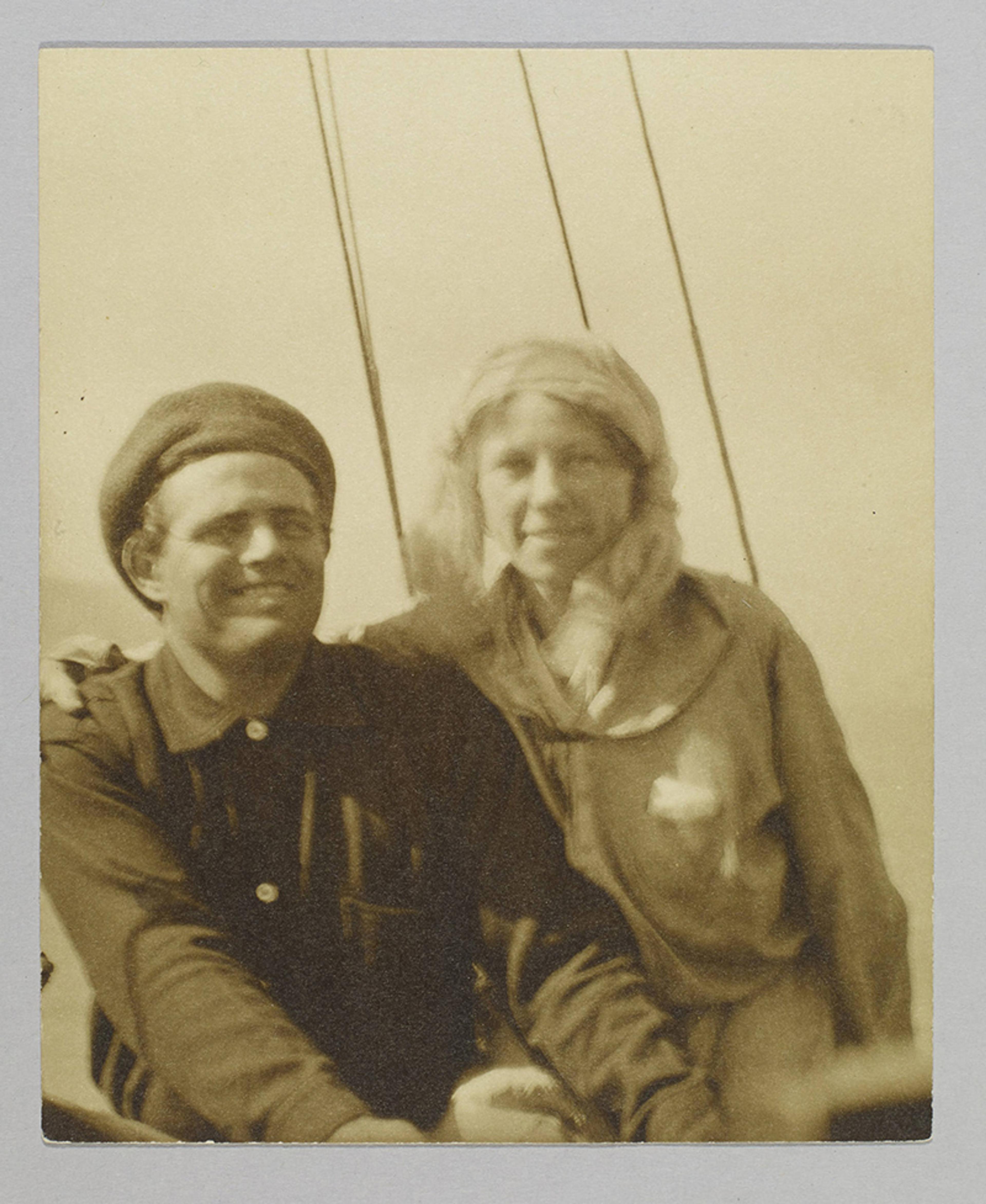
His poverty is a sharp spur, but its effects are darker than Ruth expects. Driven by desperation to take any job he can, Martin begins working gruelling hours doing hot, tiring work at a commercial laundry. He assumes that, with sufficient willpower, he can squeeze in his ambitious self-education in the evenings and weekends. But the 14-hour days leave him exhausted and deprived of the capacity to wonder. ‘[T]here was little time in which to marvel … The echoing chamber of his soul was a narrow room, a conning tower,’ London writes. ‘He was a beast, a work-beast. He saw no beauty in the sunshine sifting down through the green leaves, nor did the azure vault of the sky whisper as of old and hint of cosmic vastness and secrets trembling to disclosure.’
Among its other deprivations, poverty strips him of the intoxicating pleasures of contemplation. Instead, the brutalising labour encourages a less healthy sort of intoxication. As the man he works with says: ‘After I’ve ben workin’ like hell all week I just got to booze up.’ If learning is a lasting form of drunkenness, it’s possible only when a society provides people with sufficient free time and energy. This point applies across the income scale: many tech workers, consultants and Wall Street bankers today have souls just as narrowed and brutalised by excessive work as Martin’s. They too are ‘work-beasts’.
If poverty impedes the quintessentially human activity of using the mind for its own sake, so does the desire for wealth and status. Some financial security may be necessary for an intellectual life, but it’s not sufficient. One danger for those privileged enough to enjoy a good education is that they will treat it only as a decorative status symbol. A cynical friend of Ruth’s family observes that ‘every gentleman should have studied Latin, but that no gentleman should know Latin.’ A veneer of knowledge is important as a class marker, but it’s tasteless to actually recall what is learned or become captivated by its beauty. Ruth appears to resist this view:
‘But you speak of culture as if it should be a means to something,’ Ruth cried out. Her eyes were flashing, and in her cheeks were two spots of colour. ‘Culture is the end in itself.’
She sounds almost Aristotelian here, defending the value of the mind for its own sake. Such talk, however, proves cheap. Many parents, teachers and school administrators today glibly praise ‘finding your passion’ and ‘doing things for their own sake’, yet somehow the possibility that these passions don’t always lead to elite schools and highly paid jobs is rarely entertained. Ruth is no different. Later in the novel, fighting with Martin over his insistent desire to write, she reveals the real standard by which she assesses intellectual quality:
‘But what good are these bigger things, these masterpieces?’ Ruth demanded. ‘You can’t sell them.’
It’s a key moment in Martin’s disillusionment with Ruth and her family. He no longer sees them as supremely intellectual beings: ‘The books on her father’s shelves, the paintings on the walls, the music on the piano – all was just so much meretricious display. To real literature, real painting, real music, the Morses and their kind, were dead.’ They confuse intellectual value with market value.
He’s too educated to return to his life as a sailor, yet too disgusted by the upper classes to live among them
London suggests that the people who have the free time to use their minds don’t. The trend-infatuated world of book and magazine editors to which Martin seeks access is no better. As rejections of his manuscripts pile up, he suspects that there are actually no human editors at all, but ‘a mere cunning arrangement of cogs that changed the manuscript from one envelope to another and stuck on the stamps.’ Academia, another potential refuge for intellectuals, is a haven for pompous specialists. Martin remarks: ‘it would be a good deed to break the heads of nine-tenths of the English professors – little, microscopic-minded parrots!’
A few characters, though, do seem admirable. One is Martin’s friend Russ Brissenden, modelled on one of London’s friends, the San Francisco poet George Sterling. A wealthy, hard-drinking aesthete, Brissenden advises Martin to relinquish his dreams of publication and devote himself to the disinterested pursuit of beauty:
‘Love Beauty for its own sake,’ was his counsel, ‘and leave the magazines alone … it is not in what you succeed in doing that you get your joy, but in the doing of it.’
Brissenden introduces Martin to an informal debating society of brilliant, mostly working-class intellectuals that include a stonemason and a baker. Martin watches entranced as they spend hours debating the ideas of John Locke, David Hume, George Berkeley and Immanuel Kant. ‘It makes life worth while to meet people like that,’ he tells Brissenden.
Yet, ultimately, neither Brissenden nor Martin find life worthwhile. Even with wealth, intellectual talent and pure motives, Brissenden is unhappy and dies by suicide. After the collapse of his relationship with Ruth, Martin is left without friends or love. Near the end of the novel, when Martin finally achieves literary success, it’s meaningless to him. He no longer cares about money, but he has also lost interest in the world of ideas. He’s become too educated to return to his life as a sailor, yet he’s too disgusted by the superficial minds of the upper classes to live among them. The result is a kind of exile:
He had travelled in the vast realm of intellect until he could no longer return home. On the other hand, he was human, and his gregarious need for companionship remained unsatisfied. He had found no new home.
Martin is consumed by bitterness and anger over the failure of Ruth and society to respect him before he achieved commercial success. The novel ends with Martin’s suicide at sea.
Some aspects of the world London critiqued no longer exist. It’s hard to imagine a novel set today in which a young man from a poor background sees a young woman as astonishingly intellectual just because she goes to college and reads poetry. In 1910, only 5 per cent of 18- to 21-year-olds in the US were enrolled in college. In 2018, the figure was close to 60 per cent. Poetry and literature have also lost much of the cultural cachet they once possessed. ‘The men of literature were the world’s giants,’ Martin thinks. While he sees writing as a way to make a good living and gain social status, plummeting enrolments in humanities departments suggest that today’s students do not agree.
Yet many of the novel’s social observations remain startlingly relevant. Access to and quality of education are closely correlated to class, and it would still require Herculean effort to work a full-time low-wage job while acquiring a comprehensive general education. Education is still often wasted on those wealthy enough to enjoy its intrinsic pleasures. Harvard University in 2017 had about as many students from the top 1 per cent by income as from the bottom 60 per cent, and almost half of the graduating class in 2023 planned to go into finance or consulting.
The idea that many people considered highly educated and successful are actually completely uneducated ‘work-beasts’ requires a definition of ‘educated’ that excludes instrumental motives. As soon as you are studying as a means to the end of wealth or prestige, you are no longer pursuing an education. A radically democratic vision of education, in turn, requires a certain view of human nature, one in which, as Aristotle claims at the opening of his Metaphysics, ‘all humans by nature desire to know.’ Much of the beauty and moral power of London’s novel derives from its insistent suggestion that poverty impedes this characteristically human activity of knowing, the desire for which is not limited to a small cognitive elite.
Liberal education must be broadly available to an entire population, not limited to a small elite
This insight provides a subtly different rationale for some standard progressive aims. Ensuring that every member of society has the financial stability to cultivate their mind would indeed require a more equal distribution of income, for instance, but relative economic equality would just be a means to the end of enabling a universal Aristotelian flourishing. Even if progressive taxation and a universal basic income could free us all from the need to work, we would still be unhappy without cultivating the capacity for the lasting drunkenness that Martin tastes. This implies support for universal access to high-quality education defined by a liberal, non-instrumental spirit.
A basic unresolved question hovers over the novel’s ending: if the life of the mind confers such happiness, why then does Martin take his life? One answer has an Aristotelian flavour. In the Politics, Aristotle argues that the man who can live without society ‘must be either a beast or a god.’ Humans are political animals, and even a life full of godlike contemplation is not a happy one if it’s solitary. However dazzling the intellectual vista from which Martin sees the hidden connections between rattlesnakes and poetry, the view is meaningful only if shared. This is another crucial reason why liberal education must be broadly available to an entire population, not limited to a small elite.
Yet the novel’s brief depiction of a lively community of working-class intellectuals suggests this is not a complete explanation. Why couldn’t Martin flourish in their midst, enjoying the thrust and parry of their debates and further refining his own mind? His suicide may also reflect the fact that he became enmeshed in the same empty quest for status and wealth that Ruth’s family exemplify. If this is true, he is not a lonely Aristotelian god but a human made miserable by his beast-like values.
Already wealthy and successful when he wrote the novel, London likely shared Martin’s anger at the intellectual superficiality of the upper classes while also feeling tempted by their commercial standards for assessing value. London spent much of his life writing what he regarded as hackwork to subsidise his lavish lifestyle, and he also drank prodigiously. Some of Brissenden and Martin’s angry comments about the emptiness of success sound like London talking to himself. This gives his depiction of Martin’s intellectual intoxication a special poignance; it’s as if he recognised the value of a form of drunkenness that can last a lifetime, but could achieve it only fitfully.
